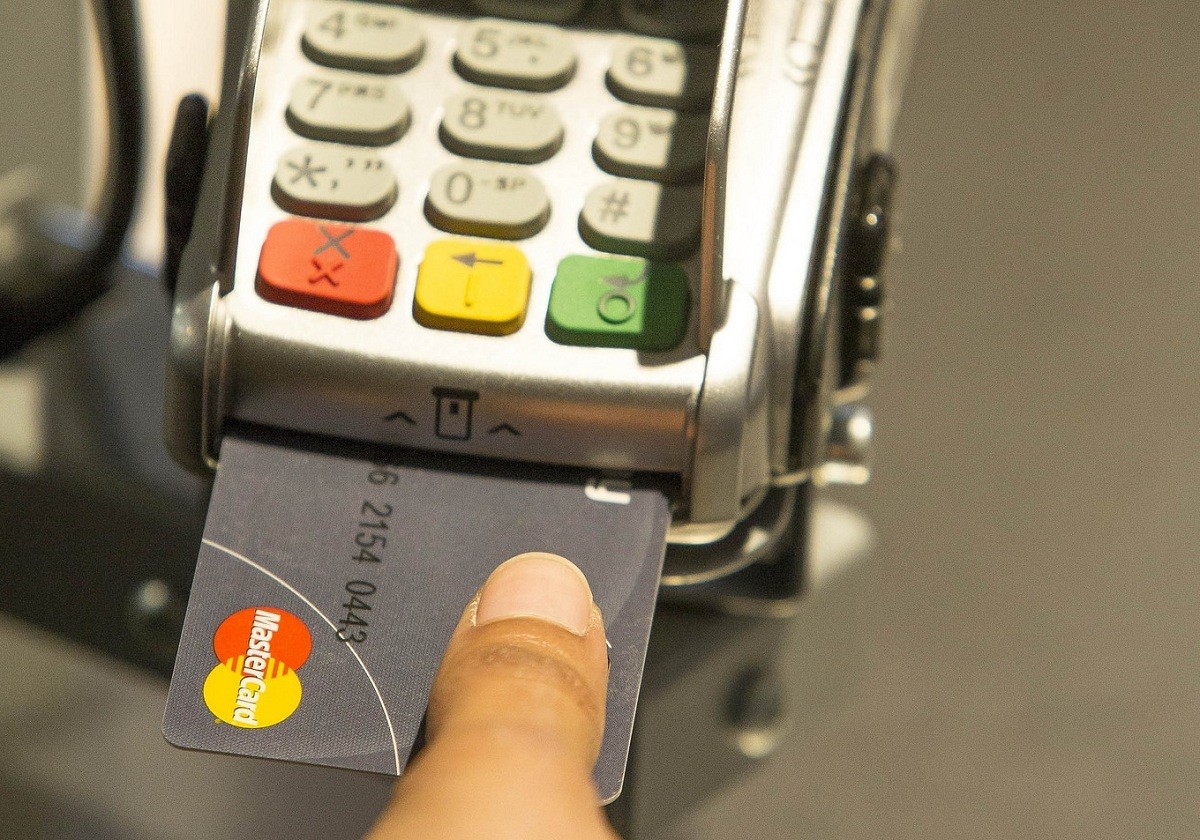Banks to phase out magnetic strip cards by 2022
Change text size
Gift Premium Articles
to Anyone

I
ndonesia’s big four banks are increasing their efforts to phase out magnetic strip debit cards and replace them with chip-based cards to comply with Bank Indonesia’s (BI) directive to improve the nation’s digital security.
Bank Rakyat Indonesia (BRI), Bank Mandiri, Bank Central Asia (BCA) and Bank Negara Indonesia (BNI) have ramped up their card-swapping programs, as they are slated to block almost all such cards starting on Jan. 1, 2022, as required by BI Circular Letter No. 17, issued in 2015.
The regulation exempts customers who agree with their banks to store less than Rp 5 million (US$347.2) in an account.
“We are actively migrating our ATM and debit cards by continuing to encourage our customers to switch their cards,” BRI corporate secretary Aestika Oryza Gunarto told The Jakarta Post on Wednesday.
BRI, the largest of the nation’s big four banks by asset value, is aiming to have all its debit cards be chip-based by September of this year. The state-owned lender, whose main customers are micro and small businesses, had phased out 80 percent of its magnetic strip cards by February.
Read also: Bank Indonesia sets chip technology standard for ATMs, debit cards
BCA, Indonesia's largest privately owned bank, has also asked clients to swap out their cards to prevent data theft. The lender said that 22.5 million BCA debit cards were in circulation last year, 18.5 million of which (around 80 percent) were already chip-based.
“Data stored in magnetic strips is easier to copy than chip cards’ more advanced technology. Therefore, replacing BCA cards with chip ones will increase security when making banking transactions,” said Santoso, the bank’s director.
BI had previously required that the transition be complete by 2016. However, the central bank delayed the initiative to 2021 because commercial banks reported cost and technical issues. The regulation also mandated the use of six-digit personal identification numbers (PINs) for all debit card transactions from July 2017 onward.
The central bank issued the regulation to improve digital security as debit cards became popular in Indonesia. BI data shows that the number of debit cards in the country rose 17 percent year-on-year to 204.1 million in 2020.
Read also: Central bank delays chip tech, PIN regulation until 2021
Magnetic strip technology has been used in debit cards since the 1970s. Heru Sutadi, director of the Indonesian Information and Communication Technology (ICT) Institute, said the technology was out of date and should be replaced by a newer and more secure one, such as chip-based cards.
He said magnetic strip cards were prone to being skimmed, a technique where a small device is used to read and steal card information. The information can be used to make fraudulent charges or counterfeit cards.
“There have been instances where people have even fallen prey to skimming through ATMs because the technology used for skimming is easily obtained. It is like the technology used to make copies of hotel room keys,” he said on Wednesday.
Going forward, Heru added, banks might also need to add biometric verification processes, such as facial recognition or fingerprint scans for when users made purchases.









